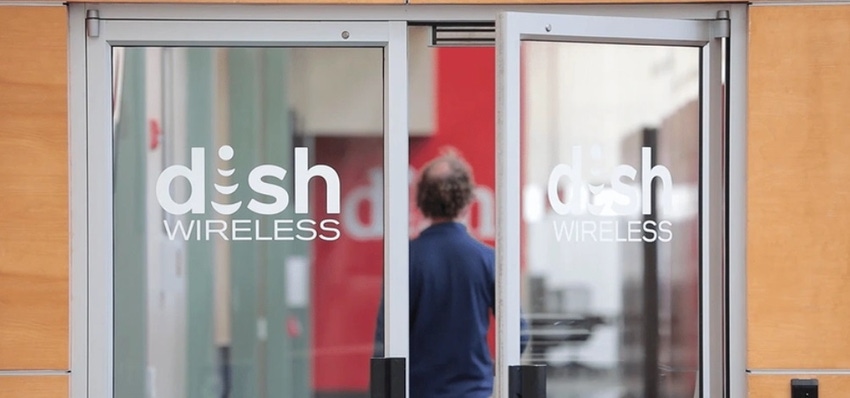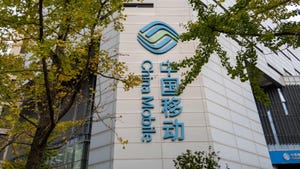FCC confirms Dish has met initial 5G network build commitments
In addition to blessing a pair of Dish national 5G network commitments, the FCC has also accepted Dish's proposed 'drive test' methodology to verify compliance with a third 5G-focused commitment related to network performance.

Dish Network's national 5G network buildout crossed a key milestone following FCC confirmation that the Colorado-based company has met a pair of initial commitments. The Commission also accepted a Dish-proposed "drive test" process to prove compliance for an additional, speed-related commitment linked to Dish's nationwide 5G network.
As noted in this Dish 8-K filing, the FCC confirmed those details in a September 29 letter to Dish. That confirmation arrived nearly four months after Dish announced it had met its obligation to cover over 70% of the US population by the June 2023 deadline.
Based on a review, the FCC found that "Dish has met its band-specific 5G commitments and two of its three nationwide 5G commitments," Joel Taubenblatt, chief of the FCC's Wireless Telecommunications Bureau, explained in the September 29 letter. Those commitments, the letter points out, include the deployment of a nationwide 5G network using Dish spectrum with at least 15,000 5G sites deployed and at least 30MHz of Dish's downstream spectrum averaged over all of Dish's 5G sites deployed nationwide.
Dish has six months to submit 5G drive test results
The FCC, he added, has also accepted Dish's proposed drive test methodology to verify compliance with the remaining nationwide 5G commitment. That drive test, which will account for actual user experience under ordinary network utilization, will be used to show that Dish has deployed a 5G nationwide network where at least 70% of the US population has access to average download speeds of 35 Mbit/s or greater.
Taubenblatt noted that the Bureau will evaluate compliance with that remaining commitment once Dish submits its drive test results based on the approved methodology. Dish has until March 29, 2024, to complete the testing and submit its results, per the FCC's six-month deadline.
"While we expected the FCC to reach these conclusions, the letter removes the doubt that some had about the FCC's view of DISH's performance to date," Blair Levin, a policy advisor to New Street Research, explained in a research note.
Levin also believes the FCC letter improves the likelihood that Dish will achieve its third 5G commitment and also gain FCC approval for it.
Dish's next big target is to cover 75% of each of its spectrum license areas with 5G by 2025, a buildout goal that some analysts believe will take an additional 15,000 cell sites and up to $3 billion more to achieve.
Dish's 5G commitments stem to an agreement with T-Mobile and the US Department of Justice tied to conditions attached to T-Mobile's merger with Sprint.
Jeff Blum, EVP of external and legislative affairs at Dish, said in a statement that the company was pleased to receive FCC confirmation and that the company looks forward to demonstrating compliance with the remaining 5G commitment using drive test methodology agreed to and approved by the Commission.
"Our work to deploy the nation's first-of-its kind standalone Open RAN 5G network continues, and we look forward to expanding our coverage and service offerings to provide competition in the wireless market as the nation's fourth facilities-based carrier," Blum said.
Importance of the Dish-EchoStar deal
The FCC letter also comes about amid a proposed combination of Dish and EchoStar that foresees a future that utilizes both terrestrial and satellite-based cloud-native 5G networks.
New Street Research analyst Jonathan Chaplin has suggested that the EchoStar deal is "critical" because it will provide Dish the resources needed to meet its June 2025 5G requirements without requiring additional funds from the capital markets.
About the Author(s)
You May Also Like












